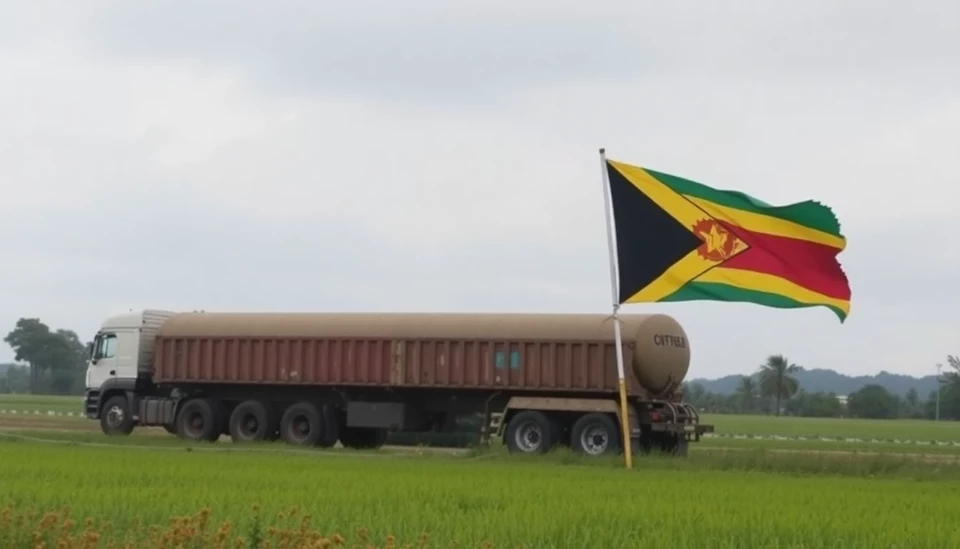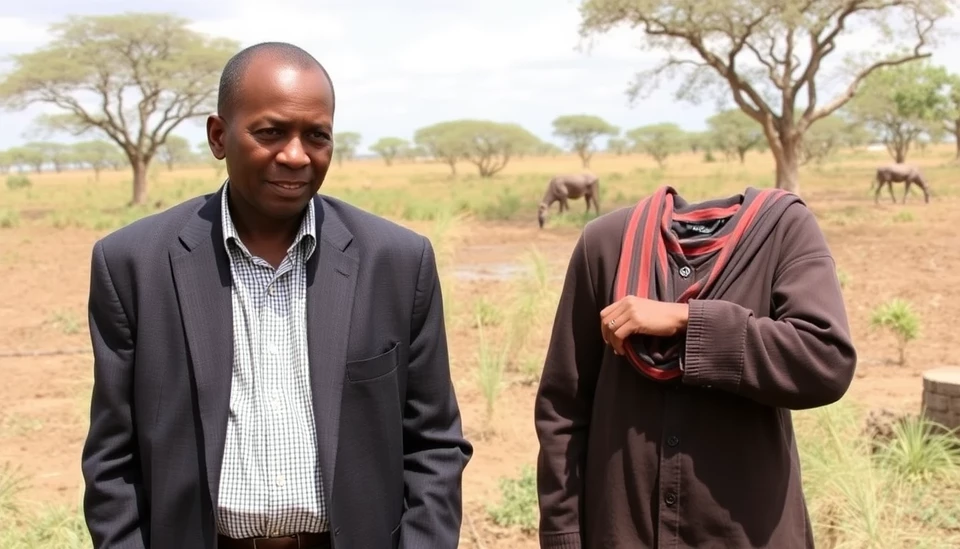
In an ambitious move to bolster its agricultural sector, Zimbabwe has announced plans to significantly increase the summer crop production as the country begins to recover from the adverse effects of a recent El Niño-induced drought. Officials estimate that production could rise fourfold compared to previous years, heralding an era of improved food security and economic stability.
This initiative is not only a response to the current climatic improvements but also a strategic effort to mitigate the devastating effects that successive droughts have had on Zimbabwe's economy and its population's livelihoods. During the past few years, farmers have faced challenges such as reduced rainfall and poor soil conditions, which have severely impacted crop yields.
The Zimbabwean government's efforts, spearheaded by the Ministry of Lands, Agriculture, Fisheries, Water, and Rural Development, involve extensive planning to ensure that farmers are adequately supported. This includes providing access to quality seeds, fertilizers, and modern farming techniques that are critical for enhancing productivity and resilience against potential future climatic adversities.
According to the latest reports, the government has already rolled out a robust campaign to prepare lands for cultivation, targeting both smallholder and commercial farms across various regions. Agricultural experts express optimism, noting that with favorable rainfall patterns returning, the conditions are ripe for a significant turnaround in crop production.
Furthermore, the anticipated increase in summer crops—namely maize, soybeans, and other staples—could play a crucial role in addressing food scarcity issues that have plagued the nation. Zimbabwe has faced economic challenges characterized by hyperinflation and food shortages, impacting millions of citizens who rely on agriculture for their livelihoods.
The Ministry of Agriculture has called for farmers to remain vigilant and proactive in their farming practices, emphasizing the importance of adequate planning and resource management to maximize output this season. Community engagement and education are also pivotal, as farmers are being encouraged to adopt sustainable practices that can support long-term agricultural productivity.
As the summer planting season approaches, the government's comprehensive strategy aims to consolidate Zimbabwe’s agricultural base, creating a more resilient framework for food production in the years to come. With adequate preparations and support systems in place, farmers are hopeful that this summer will mark a critical turnaround in the nation’s agricultural fortunes.
In conclusion, if the government’s plans come to fruition, Zimbabwe may not only resolve current challenges related to food security but also pave the way towards economic recovery and sustainability in its agricultural sector, firmly positioning itself as a key player in the regional agricultural landscape.
#Zimbabwe #Agriculture #FoodSecurity #ElNino #SummerCrops #SustainableFarming #EconomicRecovery
Author: Daniel Foster




